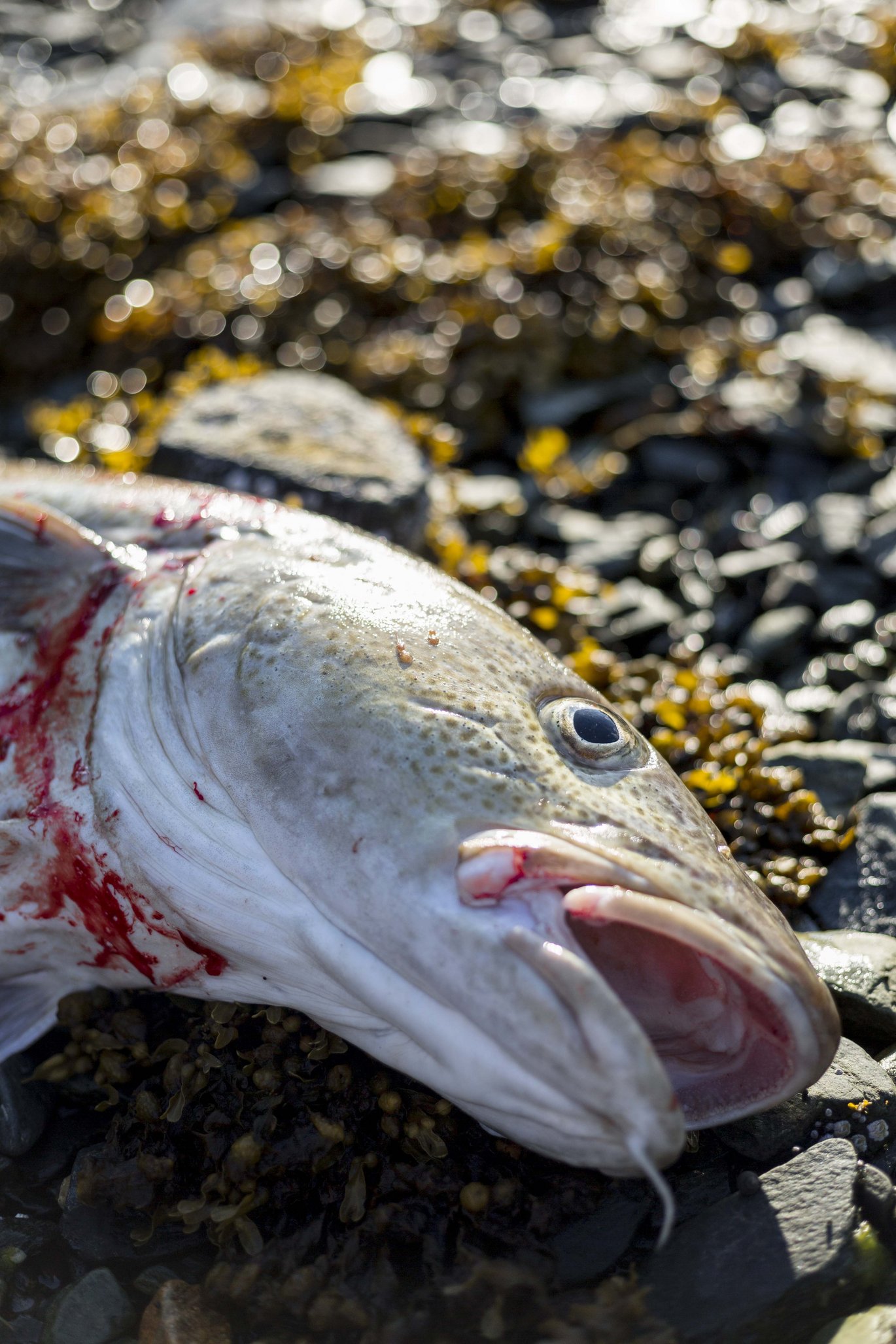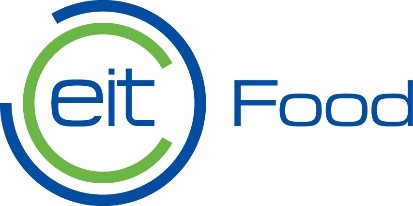Do we want to eat food with protein from cod waste?
Cod waste can be transformed into high quality fish protein, which can be added to our food products and thereby contribute to both our health and the circular economy. But are we willing to eat food enriched with cod protein? Researchers from the MAPP Centre at Aarhus University are looking into the matter in a new EIT Food study.

With an increasing pressure related to feeding a growing global population, the search for alternative protein sources is mounting. Part of the solution may lie in the circular economy and the significant amount of waste generated by the fishing industry. There is a great potential in turning by-products into high quality fish protein that can be added to a wide range food of products - from biscuits to dairy.
But how do consumers respond to such products? Is fish protein something that they will be willing to purchase and eat? Researchers from the MAPP Centre at Aarhus University are trying to answer these questions in a new project in cooperation with Iceland Protein and the Icelandic research company Matis. The project, EcoD, which is funded by EIT Food, is focusing specifically on the possibilities related to cod - the most important fish species in the Icelandic fishery.
Marija Banovic, Associate Professor at the MAPP Centre and responsible for the consumer studies of the EcoD project, explains:
- Insight into consumer preferences is important for the research, development and innovation of products carrying fish protein. With this knowledge, it is possible for companies to design protein-enriched products that are more likely to appeal to consumers and thereby succeed in the market.
Consumer acceptance is the key to turning our protein consumption in a more sustainable direction.
Danish consumers fear the unknown
Researchers from the MAPP Centre have conducted a cross-country study in Denmark, France and Germany. The first part of the research project, consisting of an online experimental study with 2700 participants, has just been completed and revealed important differences:
- The French and German consumers are more positive towards and more likely to buy food products enriched with fish protein than the Danish consumers are, and they consider this new alternative protein as a high quality product. They also associate fish protein with health benefits related to weight management, and they believe that it could add to a more diverse diet. Our results indicate that Danish consumers are more neophobic, when it comes to fish protein. They simply fear the unknown, says Marija Banovic.
Health benefits can play a decisive role
The researchers identified consumer acceptance and market potential of fish protein, stressing either health benefits or sustainability - or simply general information about fish protein in a control group of consumers. This revealed a clear tendency.
Trine Mørk, Postdoc at the MAPP Centre, and part of the EcoD project, explains:
- When health benefits are emphasized, consumers across all three countries are more positive towards and more likely to buy food products with fish protein. This was not the case under the other conditions, where we did not observe any significant impact on consumer intentions. The health benefits were even able to improve the neophobic perceptions among Danish consumers. This finding can be extremely useful in the marketing of the products.
Product categories matter
In terms of the potential product categories that could carry fish protein as an ingredient, consumers from all three countries showed higher likelihood of buying products carrying fish protein from the category ready meals, followed by snacks, protein bars, protein powder, protein drink, and biscuits. At the bottom of the list, we find baby food and energy gel. Furthermore, they preferred fish protein to come from the wild cod compared to cod from aquaculture.
- French consumers were the ones that would be more willing to substitute meat, dairy, and plant protein with fish protein when compared to consumers from Germany and Denmark. Danish consumers were especially unwilling to substitute their dairy protein with fish protein, says Marija Banovic.
Currently, a follow-up study is being conducted focusing on how to successfully communicate healthy benefits of products containing fish protein, focusing on the product categories preferred by consumers in the first study.
| About the project | |
|---|---|
| Collaboration partners | The MAPP Centre, Aarhus University, Iceland Protein and Matis. Matis is EcoD project responsible, while the MAPP Centre is responsible for the task related to consumer studies, which are part of the project. |
| Funding | The project is funded by EIT Food |
| Conflicts of interest | None |
| Read more | Visit the project website of the EIT Food project EcoD - Bringing new life to cod waste turning it into protein powder for human consumption here |
| Contact | Project task responsible: Associate Professor Marija Banovic, MAPP Centre, Aarhus University - maba@mgmt.au.dk - phone: +45 52609827 Project Manager at Matis: Margrét Geirsdóttir - mg@matis.is |

![]()
